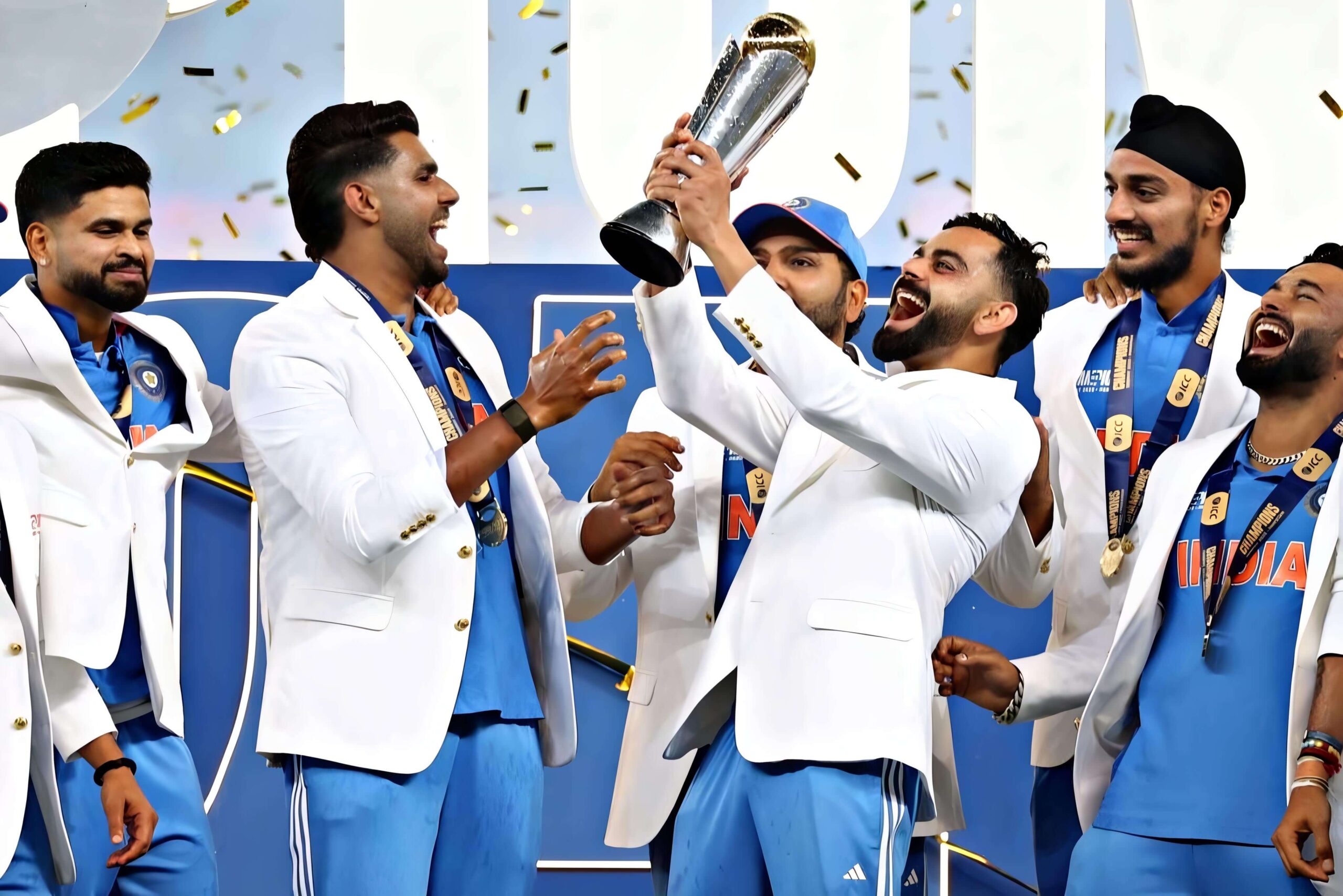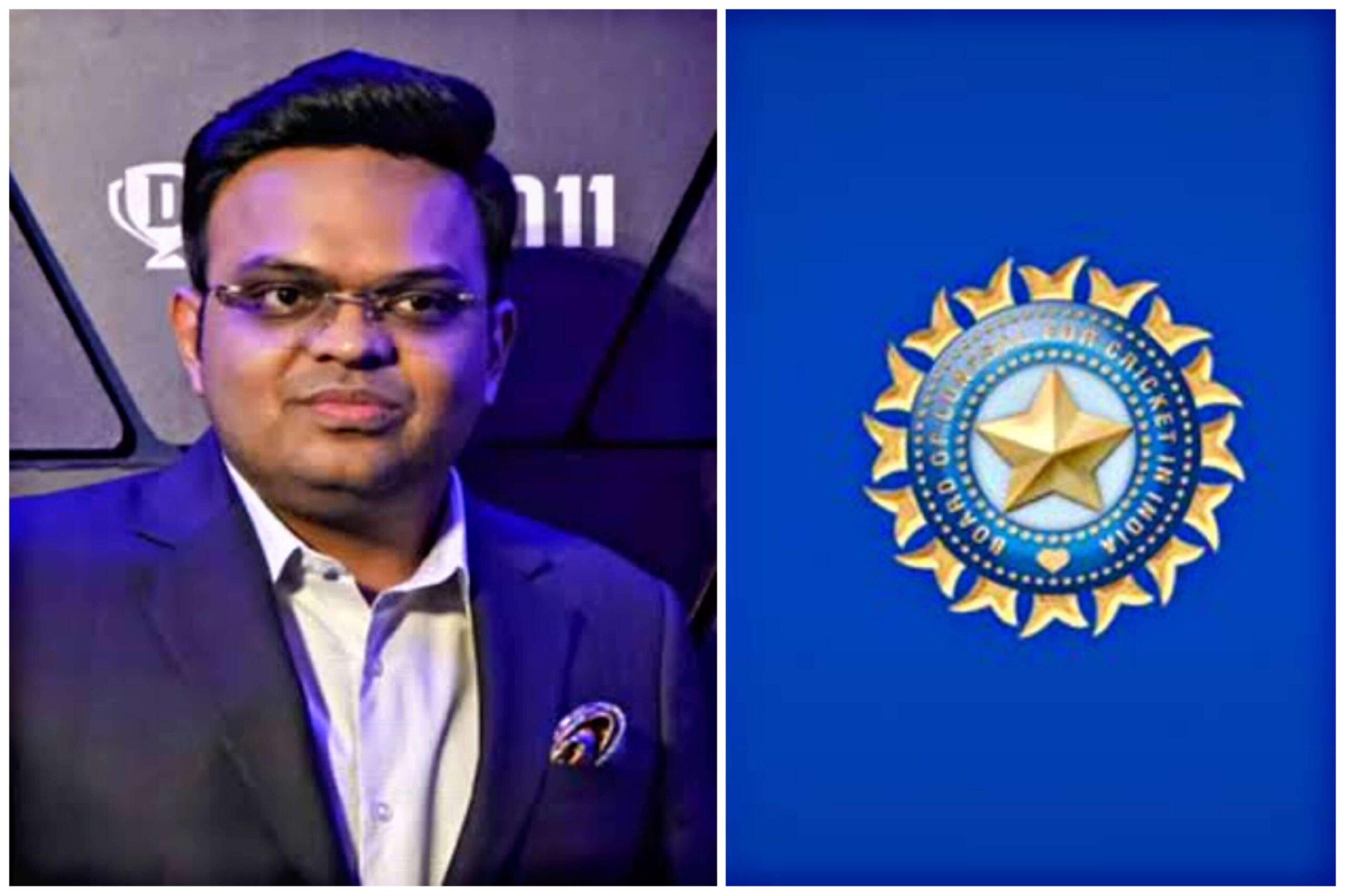The Impact of India Cricket Dominance Worldwide
1. Introduction: India – The Global Powerhouse of Cricket
As India gears up for its high-profile Test series against England, the conversation around its role in world cricket intensifies. No longer just a cricketing superpower on the field, India is now the undisputed financial and political heavyweight off it too. The country generates nearly 80% of global cricket revenue, and with the Board of Control for Cricket in India (BCCI) becoming the richest cricket board in the world, questions are being raised: Is India using its power to uplift the sport—or merely to serve its own interests?
2. The Rise of Indian Cricket: From Underdog to Overlord
India’s cricketing journey mirrors its broader economic growth. In the 1990s, the liberalization of India’s economy coincided with a surge in cricket popularity. The launch of satellite TV, the explosion of sponsorship deals, and the birth of cricketing megastars like Sachin Tendulkar and later Virat Kohli, helped catapult the sport to unimagined heights.
This economic growth has transformed India into a commercial giant, with the IPL alone bringing in $6.2 billion in broadcast rights from 2023 to 2027. In contrast, the International Cricket Council (ICC) sold global event broadcasting rights for $3 billion—also to an Indian network.
3. The IPL: A Blessing and a Burden?
The Indian Premier League is now a global brand, attracting the best talent, enormous viewership, and significant corporate interest. Yet, concerns are rising about its ever-expanding footprint. The proposed extension of the IPL season by 20 more matches could potentially marginalize other formats, especially Test and ODI cricket, threatening the traditional fabric of the sport.
Rod Bransgrove, a key figure in English cricket, warns that this rapid expansion may cause “overkill.” If IPL becomes too dominant, it risks damaging global cricket’s ecosystem by overshadowing domestic competitions elsewhere.
4. BCCI’s Financial Supremacy: The Numbers Tell the Story
In 2023-24, the BCCI earned $1.2 billion in revenue—nearly three times more than the England and Wales Cricket Board (ECB). If gross IPL revenues are included, this figure jumps to $1.9 billion. More importantly, India now receives almost 40% of the ICC’s global revenue pool.

This financial dominance means other boards, especially in smaller nations like the West Indies or Zimbabwe, are heavily reliant on Indian tours and ICC distributions fueled by India’s broadcast market.
5. Diplomacy or Bullying? The Champions Trophy Controversy
India’s refusal to play its Champions Trophy matches in Pakistan, citing political tensions, created a logistical nightmare for the tournament. India was allowed to play all their games in Dubai, while other teams like South Africa and New Zealand were left scrambling with cross-border travel.
Critics argue that this not only created an uneven playing field but also set a dangerous precedent. What if other nations start making similar demands? Is India being given preferential treatment, or is it merely leveraging its importance to keep the show running?
6. Voices of Dissent: The Gavaskar vs Hussain-Atherton Debate
When English pundits Nasser Hussain and Mike Atherton criticized the uneven venue allocations, Indian legend Sunil Gavaskar dismissed them as “moaning.” He defended India’s dominance by emphasizing their contribution to global cricket revenue and salaries.
This reflects a broader sensitivity in Indian cricket circles about international criticism—especially when it comes to the IPL or political decisions like the Pakistan boycott. Yet the inability to accept valid criticism raises questions about transparency and fair governance.
7. The Jay Shah Paradox: Wearing Two Hats
Perhaps the most symbolic conflict of interest lies in Jay Shah’s dual role as BCCI secretary and ICC chair. As Wisden editor Lawrence Booth noted, Shah’s midnight transformation from Indian board member to head of cricket’s global body epitomizes the uncomfortable convergence of national and international interests.
The meme of Shah “talking to himself” on two phones humorously captures this paradox, but the implications are serious. Can the ICC truly act independently when led by someone representing the most powerful national board?
8. The ECB’s Changing Tune: From Resistance to Embrace
England’s cricket administrators, who once viewed India’s rise with skepticism, now see partnership as more profitable. ECB chair Richard Thompson brokered a $700 million deal by selling stakes in Hundred teams to IPL franchise owners. He now praises India for their commitment to bilateral series and women’s cricket, stating, “They’re not bullies… they understand the game’s needs.”
While some might see this as pragmatism, others may argue it’s simply economic dependency. The ECB might not need Indian money, but it certainly benefits from it.
9. India’s Outreach to Smaller Nations: A Case for Equity
Supporters of Indian cricket argue that the BCCI does not neglect the rest of the cricketing world. Former West Indies Cricket CEO Johnny Grave noted that India toured the Caribbean four times during his tenure—visits that were financially critical. Harsha Bhogle, too, stresses that India plays more matches against smaller nations than any other big cricketing power.
This outreach suggests that India is aware of its responsibilities. The question, then, is not about India’s intent, but whether its influence becomes overwhelming, pushing other nations into silent subservience.
10. Harsha Bhogle’s Perspective: Confidence, Not Arrogance
Veteran commentator Harsha Bhogle provides a grounded viewpoint. He compares India’s dominance to the U.S. in world economics—unavoidable but not inherently malevolent. From his early days in the 1990s, when Indian cricketers relied on foreign bat manufacturers for basic gear, to today’s private jets and personal chefs, the transformation has been nothing short of monumental.
This newfound confidence, Bhogle argues, should not be mistaken for arrogance. It’s a generational shift fueled by success, investment, and an ever-growing fan base.
11. Mihir Bose’s Critique: Misusing Colonial Memory?
However, not everyone is buying into India’s benevolent narrative. Author Mihir Bose accuses the BCCI of acting like a modern-day colonial power, leveraging historical grievances to justify current dominance. He condemns India’s refusal to play in Pakistan, drawing an analogy with football where no such leeway would be allowed.
According to Bose, this behavior reflects a dangerous precedent: If power becomes synonymous with exemption, the integrity of global competitions could erode.
12. The American Dream: India’s Next Cricketing Frontier
With cricket’s inclusion in the 2028 Los Angeles Olympics, the U.S. becomes a crucial market. Johnny Grave, now CEO of American Cricket Enterprises, believes India will be instrumental in cricket’s growth stateside, especially with a large, affluent Indian diaspora in California and New York.
T20 is already seen as America-friendly—short, fast, and filled with spectacle. If India succeeds in planting cricket’s flag in the U.S., its dominance may go from global to intercontinental.
13. Conclusion: The Double-Edged Sword of Dominance
India’s control of world cricket is a double-edged sword. On one side, it brings financial stability, global reach, and continuous evolution. On the other, it creates structural inequalities, venue disputes, and a growing perception of bias.











